Description
Polyvinyl Acetate (PVA): The Versatile Polymer Powerhouse
Polyvinyl acetate (PVA), often recognized by its popular applications in wood glue and paper adhesive, is a synthetic polymer with surprisingly broad uses beyond just sticking things together. This versatile material boasts a unique combination of properties that make it a mainstay in industries ranging from construction to pharmaceuticals.
What is Polyvinyl Acetate?
PVA is a thermoplastic polymer created by the polymerization of vinyl acetate monomer. This process results in a clear, odorless, and colorless material with a wide range of molecular weights. The specific grade of PVA influences its physical properties, such as viscosity and film-forming ability.
Key Properties of PVA:
- Excellent adhesion: PVA excels at bonding to a variety of porous materials like wood, paper, and fabric, making it ideal for adhesives.
- Film-forming ability: PVA solutions readily form clear, flexible, and strong films upon drying, contributing to its use in coatings and packaging.
- Good solubility in water and organic solvents: This property allows for easy application in aqueous solutions and compatibility with various formulations.
- Non-toxic and odorless: Its low toxicity makes it suitable for use in food packaging, pharmaceuticals, and other applications where health and safety are paramount.
- Cost-effective: Compared to other synthetic polymers, PVA is relatively inexpensive, making it a commercially attractive option.
Applications Across Industries:
The properties mentioned above translate into a diverse array of applications for PVA:
- Adhesives: Arguably its most well-known use, PVA-based adhesives are ubiquitous in woodworking, bookbinding, and paper crafting. Elmer’s Glue is a prime example of a widely used PVA-based adhesive.
- Coatings: PVA emulsions are used in paints, varnishes, and sealants to provide a durable and protective layer. They are often used in interior paints due to their low odor and excellent adhesion.
- Textiles: PVA is used as a sizing agent for yarns, improving their strength and weavability during textile manufacturing. It also functions as a finishing agent, enhancing the fabric’s feel and appearance.
- Paper Industry: Besides adhesives, PVA is used as a coating and binding agent in paper manufacturing, improving its strength, smoothness, and printability.
- Packaging: PVA films can be used as a component in food packaging to provide a barrier against oxygen and moisture, extending the shelf life of products.
- Construction: PVA enhances the properties of cement and mortar, improving their adhesion and resistance to cracking.
- Pharmaceuticals: PVA is used as a binder in tablets and capsules, ensuring their structural integrity. It can also be used in film coatings for controlled drug release.
- Personal Care Products: PVA can be found in certain hair styling products, providing hold and control.
Environmental Considerations:
While PVA is generally considered safe, its biodegradability is a subject of ongoing research. While some grades of PVA are biodegradable under specific conditions, others persist longer in the environment. Efforts are underway to develop more environmentally friendly PVA formulations and recycling methods.
The Future of PVA:
Ongoing research and development are exploring new applications for PVA, including:
- Biodegradable packaging: Developing PVA-based packaging materials that readily decompose in the environment.
- Specialty adhesives: Creating PVA adhesives with enhanced bonding strength and resistance to extreme conditions.
- Medical applications: Exploring PVA’s potential in drug delivery systems, tissue engineering, and wound dressings.
Conclusion:
Polyvinyl acetate is a remarkable polymer that plays a vital role in countless products we use daily. From the humble glue stick to sophisticated medical applications, its versatility and cost-effectiveness have solidified its position as a workhorse material. As research continues to unlock its full potential, PVA is likely to remain a crucial component in various industries for the foreseeable future.

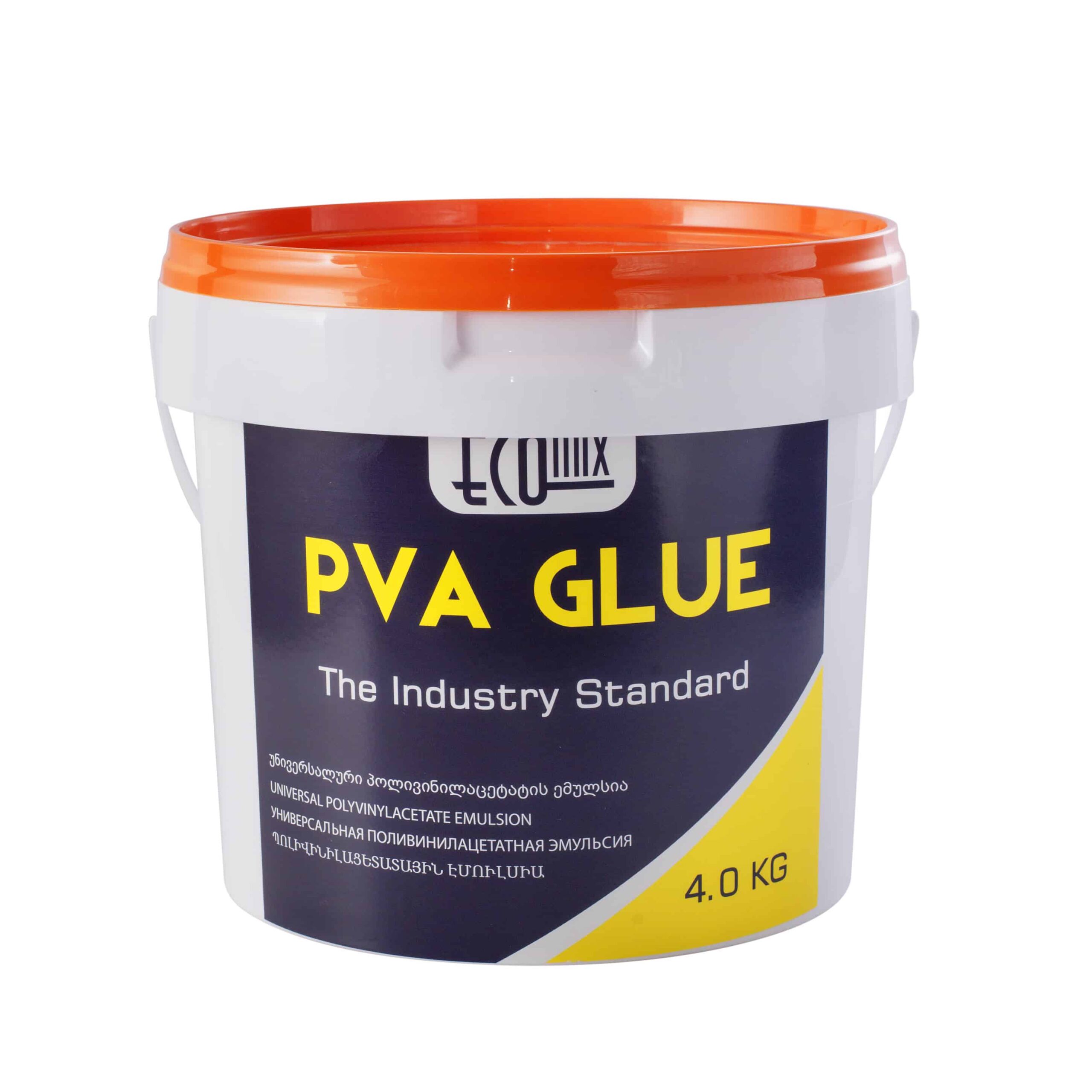
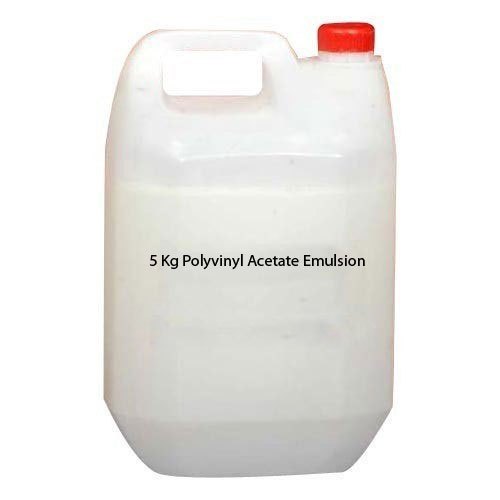
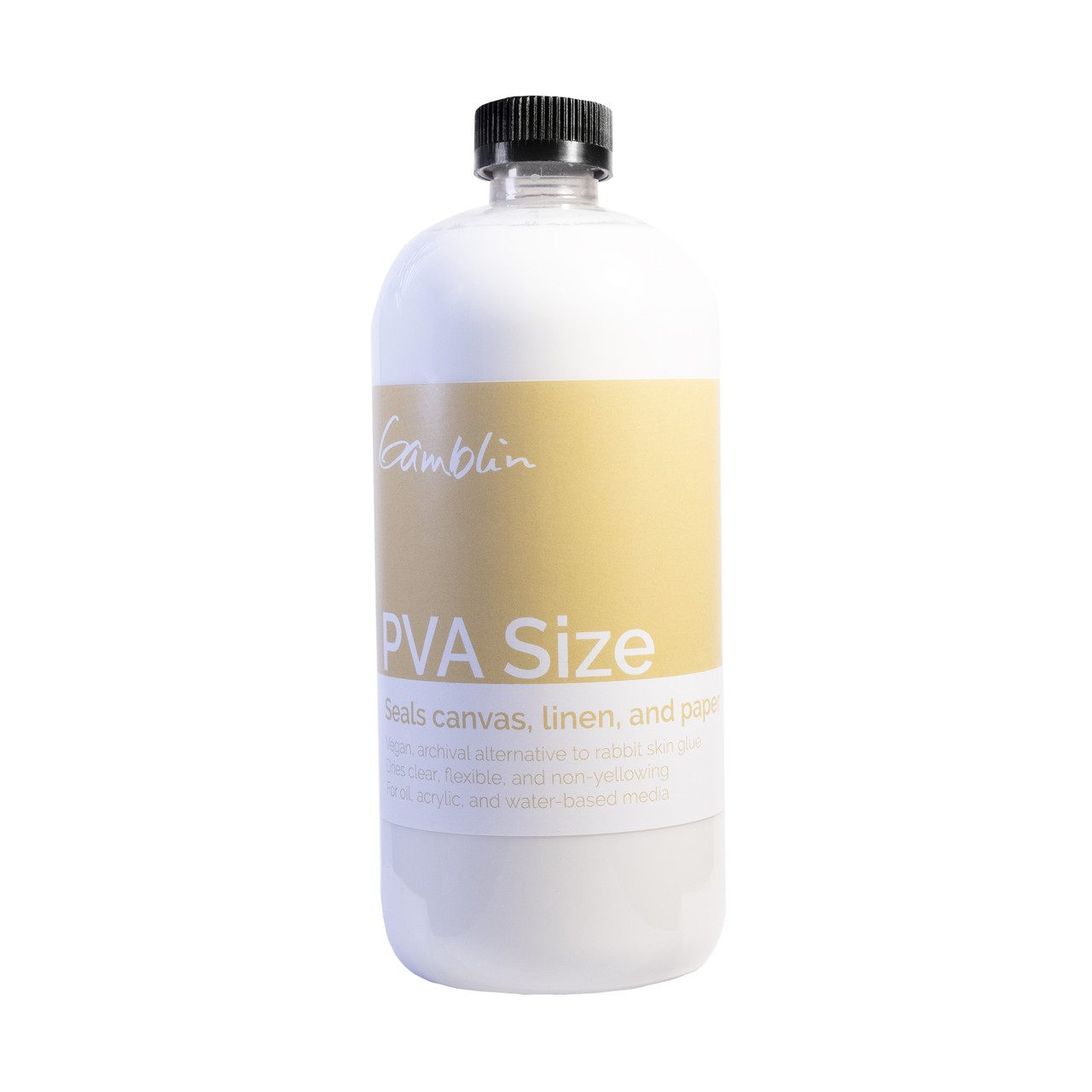

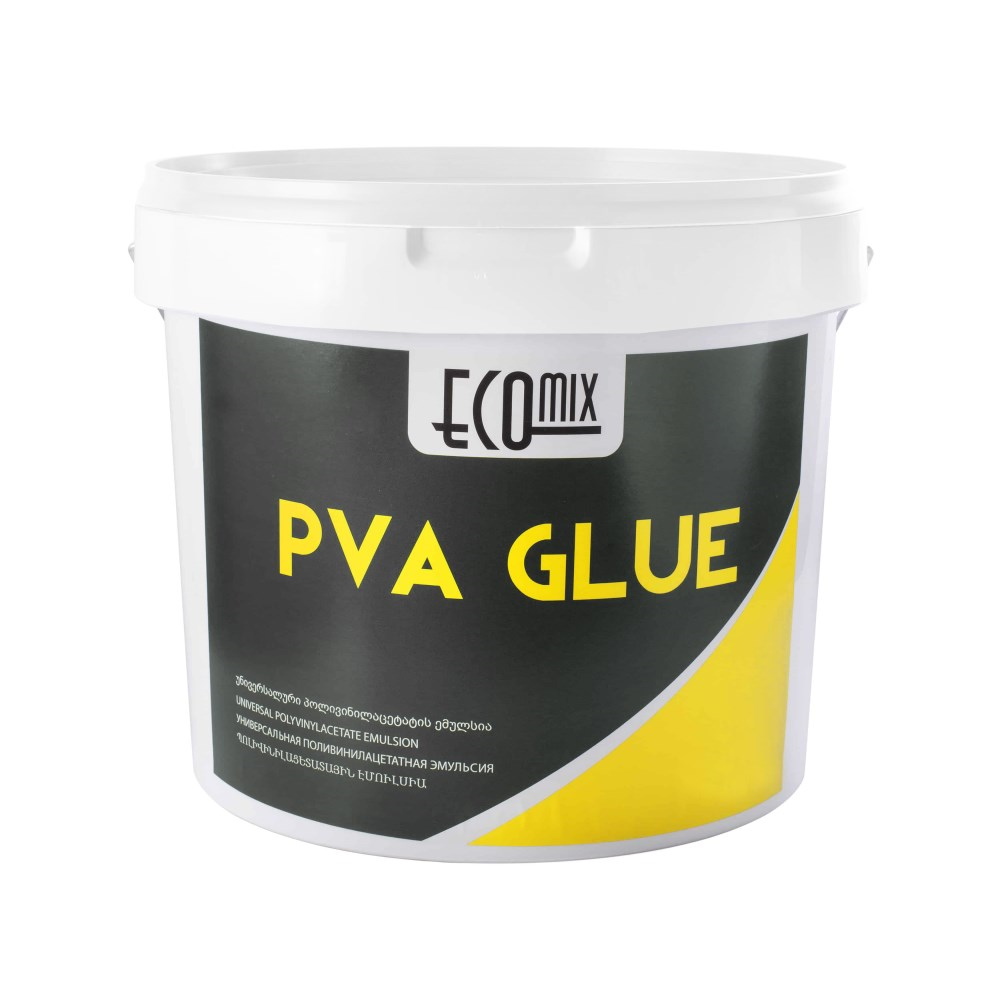

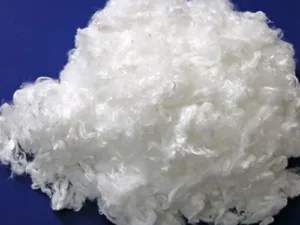
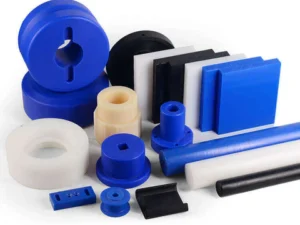

Reviews
There are no reviews yet.